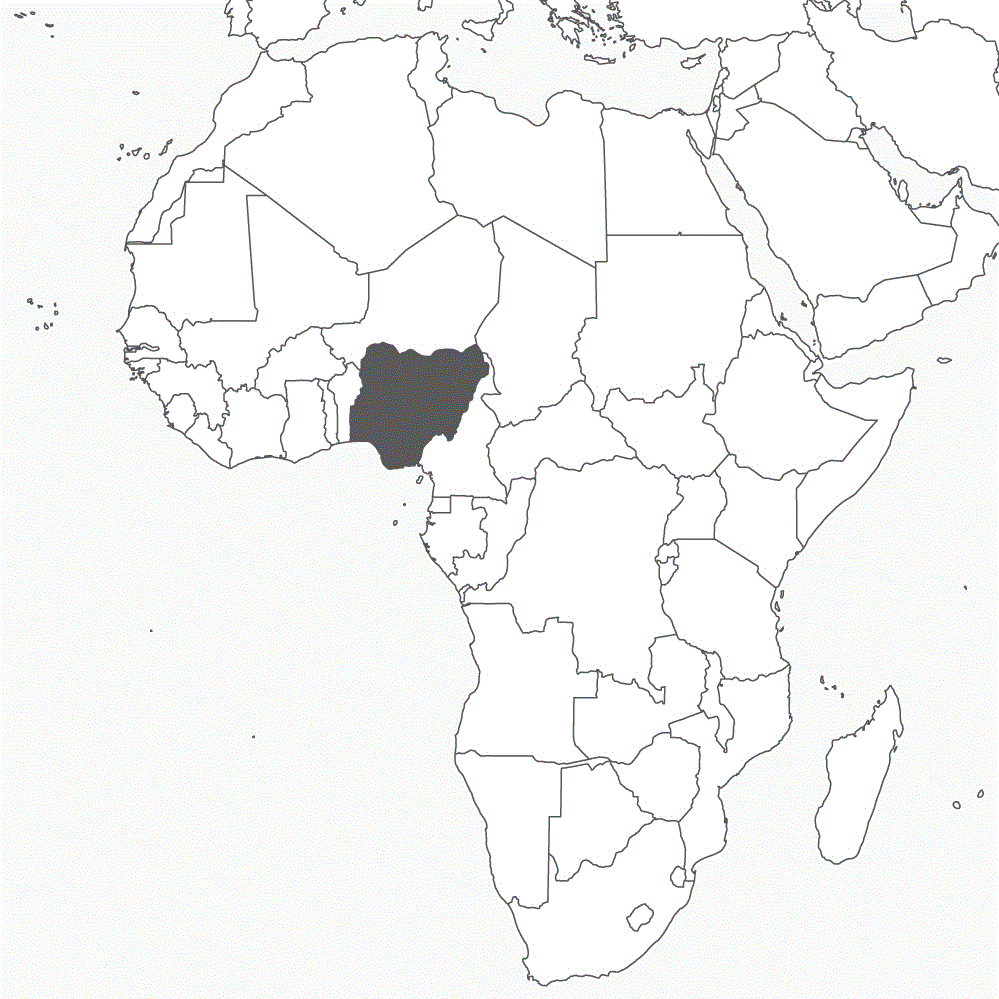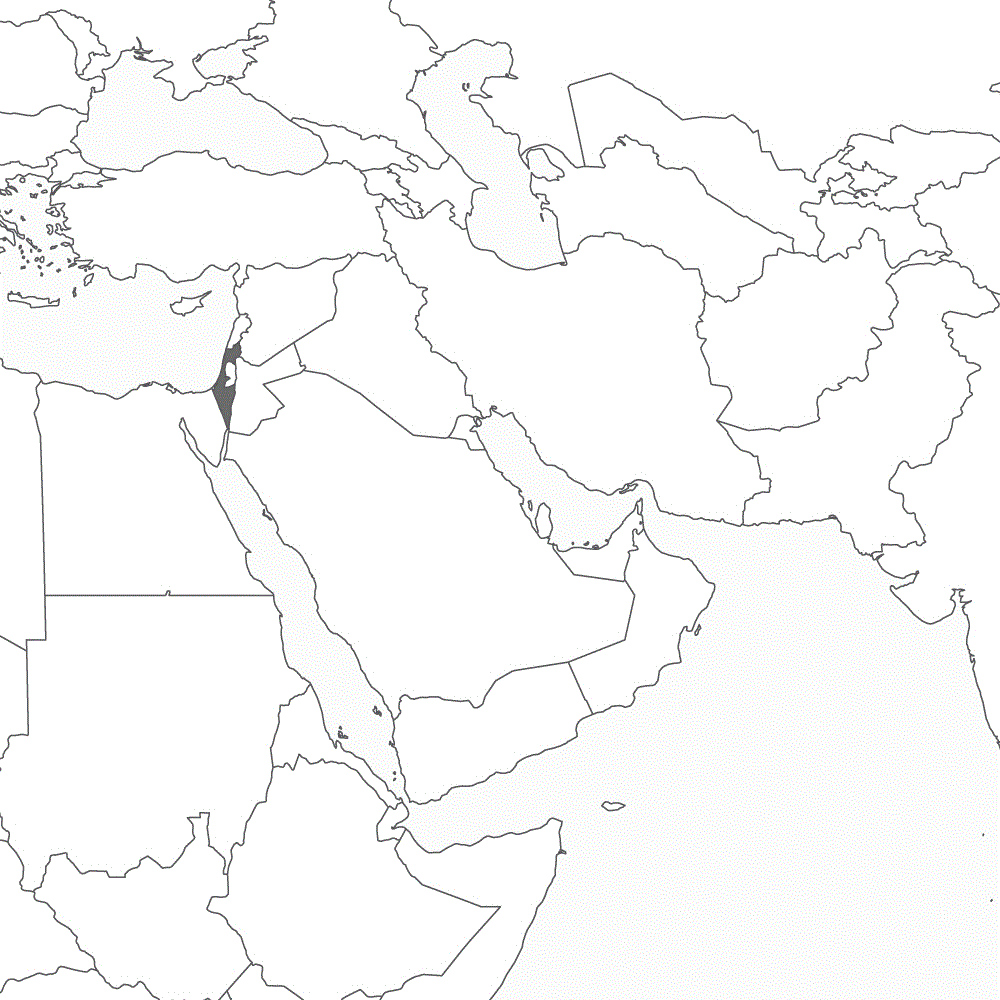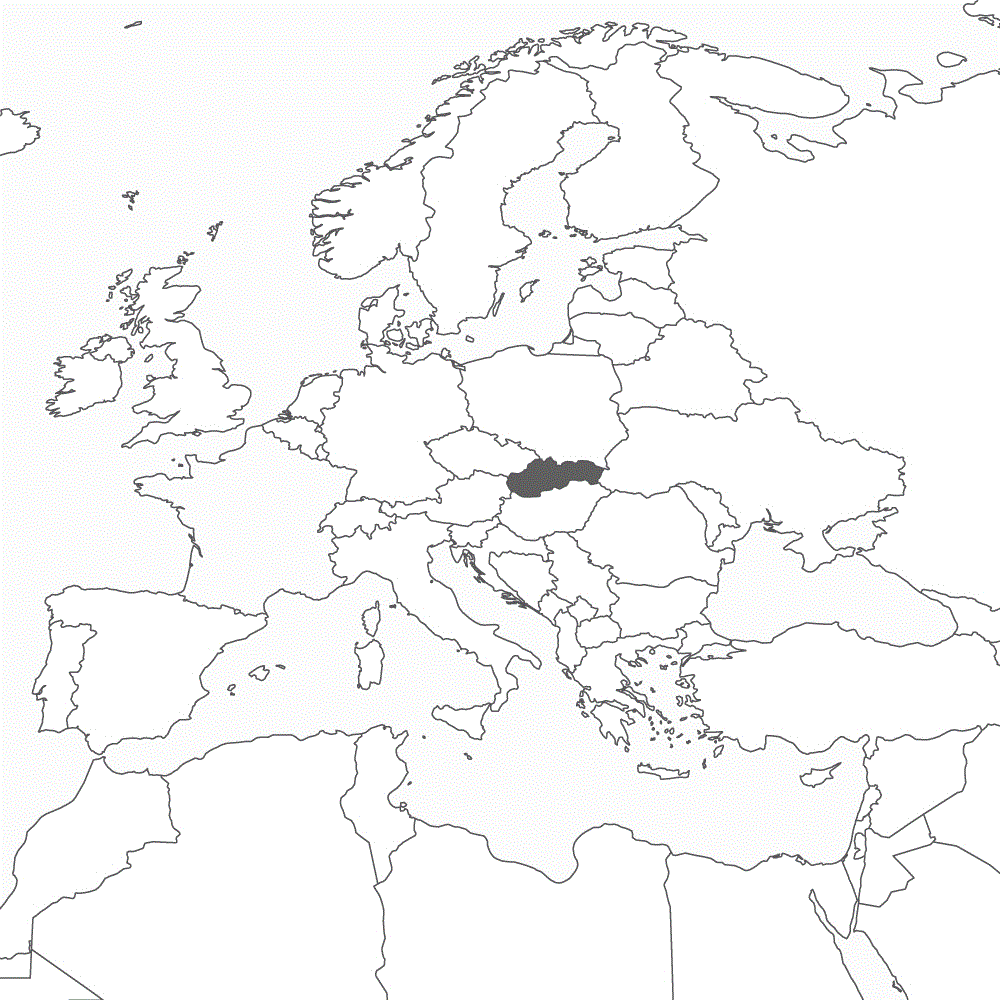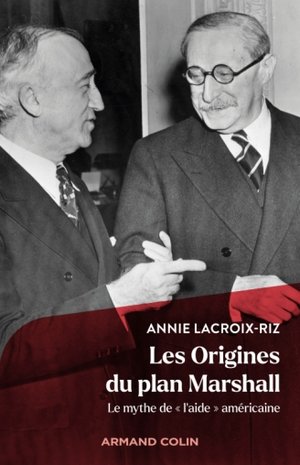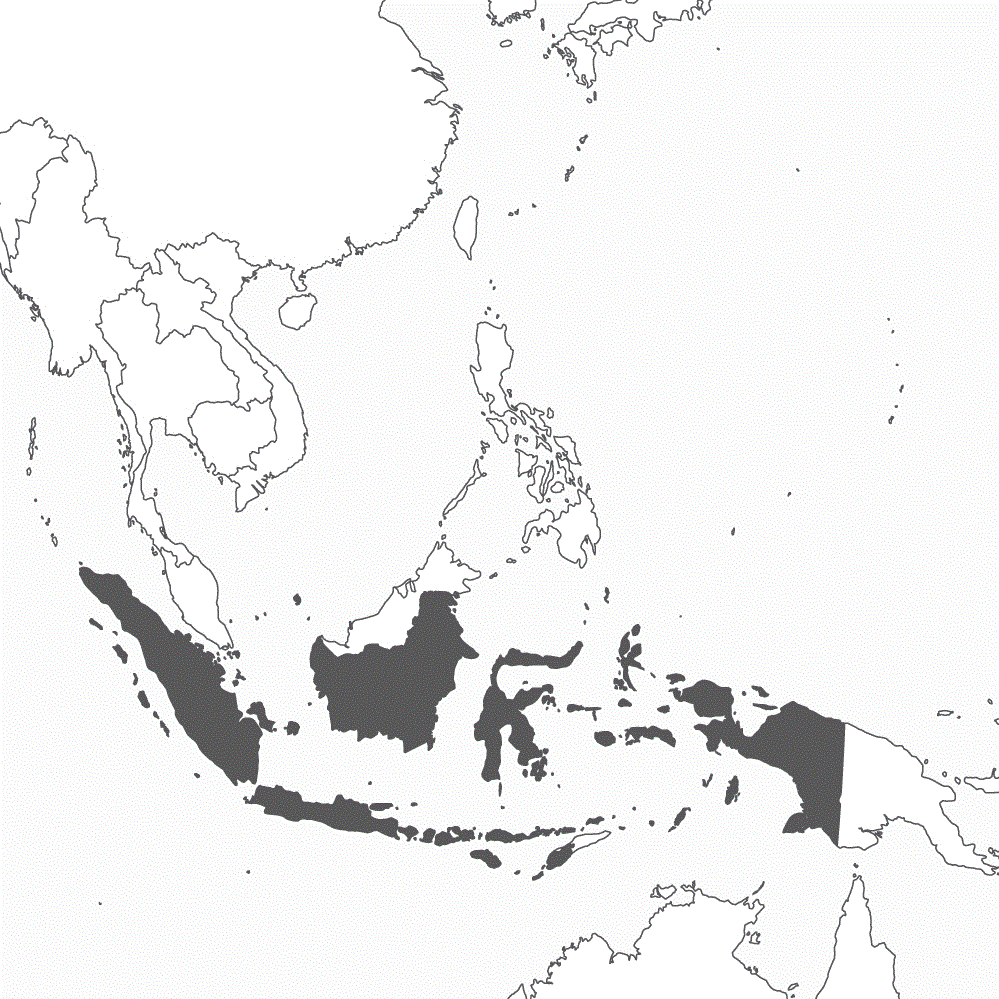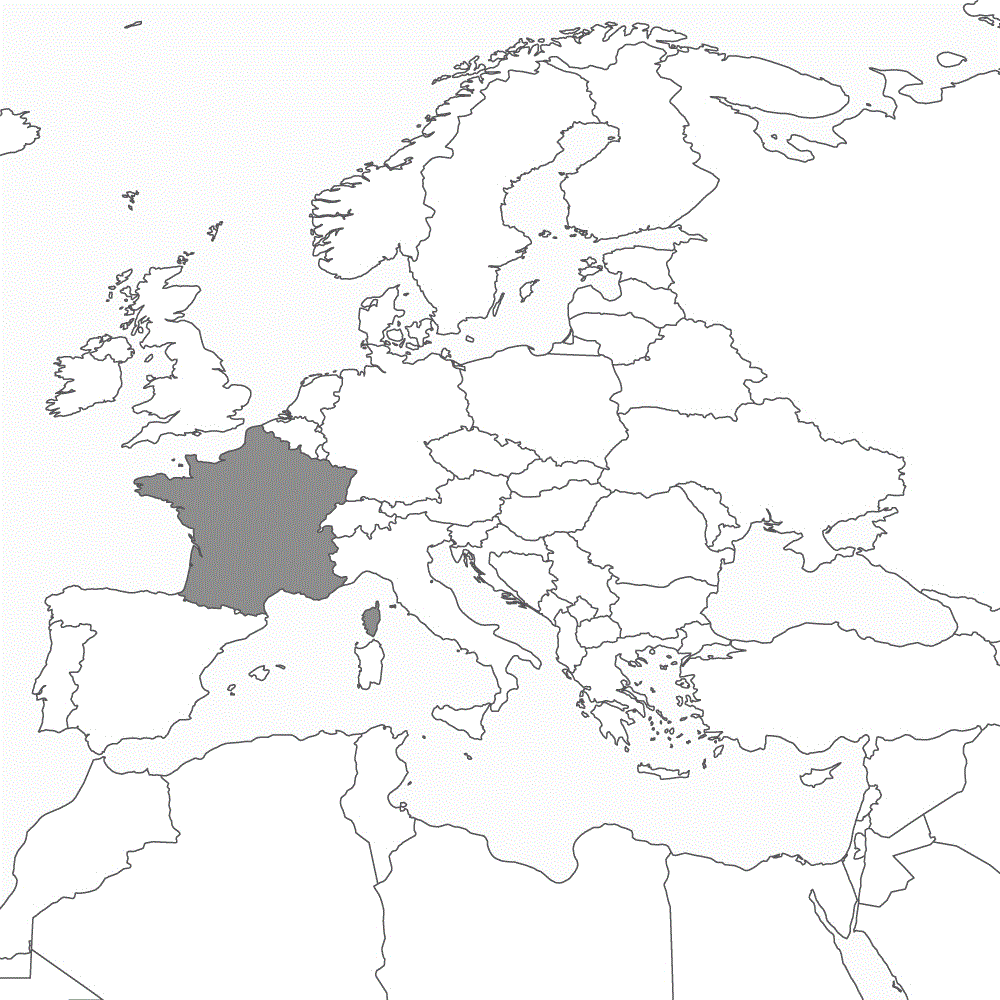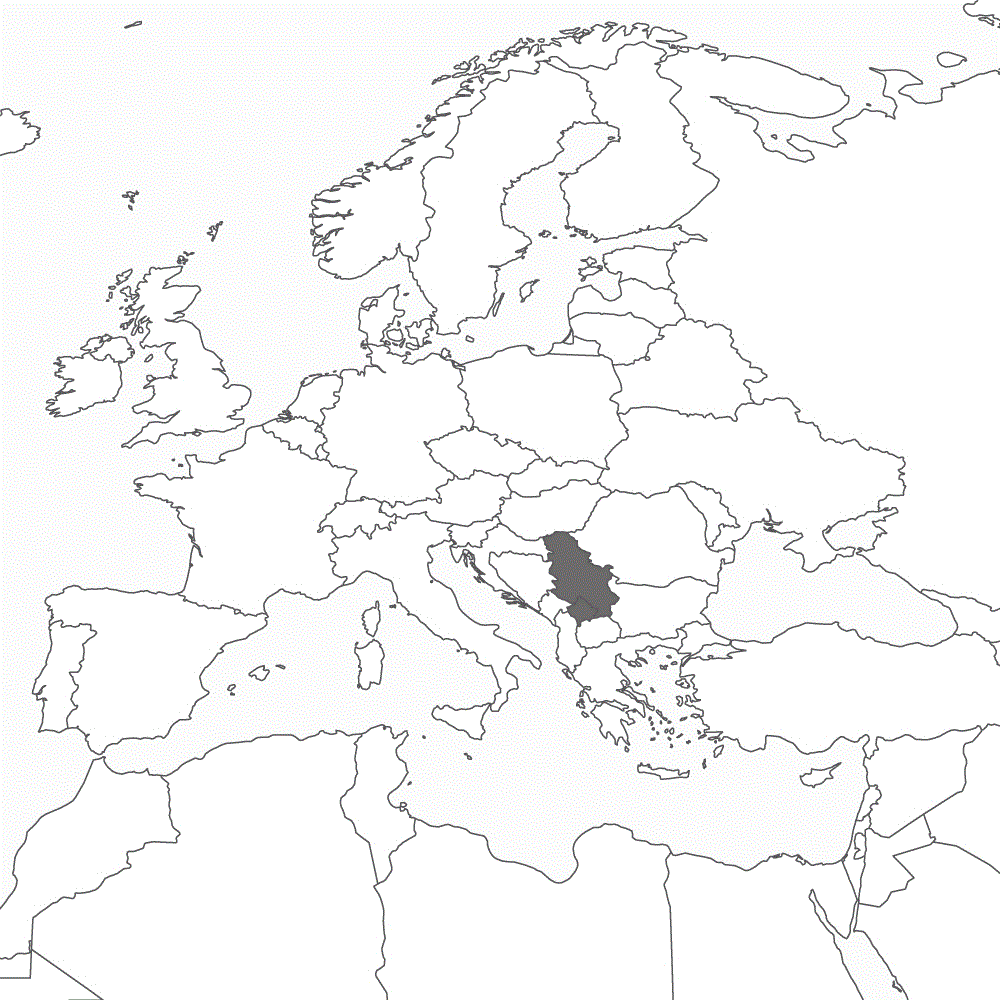Expel and Lure
German Chancellor Olaf Scholz presses Nigeria to supply Germany with liquefied natural gas and accelerate refugee repatriation. Austerity measures threaten to plunge Nigeria into severe poverty.
ABUJA/BERLIN (Own report) –Chancellor Olaf Scholz wants Nigeria to increase LNG supplies to Germany and is demanding that Nigerian refugees be accepted back swiftly. Scholz, who held talks on Sunday and Monday in Nigeria's capital Abuja and subsequently in its commercial capital Lagos, is thus continuing his efforts to increase LNG imports from African countries to replace Russian gas – a step that last year had already raised a few eyebrows. The German government had repeatedly urged African countries to abandon fossil fuel extraction. While increasing deportation of Nigerians, Berlin – according to Scholz – is trying to lure more “talents” from the country to work for German companies –a contribution to the brain drain depriving developing countries of urgently needed and expensively trained skilled labor. In Nigeria, Scholz also held talks on the developments in Niger. Last summer, with Nigeria's help, the EU sought to overthrow the military government in Niger that previously had ousted a pro-Western president and is seeking to lead the country to genuine independence from the former colonial powers. Read more
The Credibility of the West
Eight Hundred forty-two EU employees protest against von der Leyen's Gaza policy. Diplomats warn, the West has lost all credibility in the Global South because of its disregard for civilian deaths in Gaza.
BERLIN/BRUSSELS/TEL AVIV (Own report) – In an unprecedented protest letter, some 850 EU staff members launched an attack on Commission President Ursula von der Leyen's high-handed policy on the war in Gaza. The protest was sparked by the debate on how Brussels should react to Israel’s attacks on Gaza and the cutting off access to food and water to the civilian population in the wake of the Hamas massacres on October 7. Whereas an EU majority demands that Israel comply with international humanitarian law, von der Leyen had initially avoided it, thereby effectively adopting Berlin's position. In their protest letter, the staff members write that they are concerned about “the seeming indifference demonstrated” toward civilians in the Gaza Strip and warn that “the EU risks losing all credibility.” Already last week, diplomats told the Financial Times that the same standards applied to Russia in the war in Ukraine should also apply to the war in Gaza. Since this was obviously not the case, we must now assume that the countries of the Global South “won’t ever listen to us again.” Already at the next UN vote on Ukraine, “we’ll see a big explosion in the number of abstentions.” Read more
“On Alert” Over Slovakia
Germany increases pressure on Slovakia. The reason: The new government of Slovakia, a country economically dependent on Germany, plans to discontinue the policy of economic liberalism and tends toward friendship with Russia.
BERLIN/BRATISLAVA (Own report) – In the aftermath of Slovakia’s parliamentary elections, Germany is increasing pressure on the country’s new government, which plans to discontinue the policy of economic liberalism and, even tends toward friendship with Russia. Its incoming prime minister, Robert Fico, declares that his foreign minister will “no longer speak for foreign interests” - especially regarding the policy toward Russia. Arms deliveries to Ukraine, in which Bratislava held a leading position, compared to its GDP, have already been halted. Fico insists that EU and NATO allies must also “fully respect” Slovakia’s “sovereignty.” An influential journalist at Berlin’s daily Tagesspiegel insulted Slovakia’s future head of government as being “basically (…) ‘national socialist’.” The EU social democratic party PES (Party of European Socialists), wherein the German SPD has a strong influence, has already suspended Fico’s Smer-SSD party and its coalition partner Hlas-SD. Following his election, German public radio described Fico as “a sort of Putin’s Trojan horse.” Read more
“Silenced”
Frankfurt Book Fair faces international pressure and isolation following cancellation of a literature award to Palestinian author: Nobel laureates protest, authors and publishers leave.
FRANKFURT AM MAIN (Own report) – International protest is mounting against the cancellation of a literature award to a Palestinian author at the Frankfurt Book Fair. At the end of last week, the director of the book fair, Juergen Boos, had decreed that “in light of the terror against Israel” the internationally highly praised book “A Minor Matter” by author Adania Shibli could not be honored in Frankfurt. A discussion panel with the Palestinian was also canceled. More than 700 writers, translators and publishers from all over the world, including Nobel Prize laureates and other world-famous authors, have been protesting against the German decision: Literature must “encourage understanding and dialogue between cultures,” they write. Moreover, writers and publishers from the Arab and/or Islamic world are withdrawing from the book fair. An Egyptian author declared that he does not want to be a party to “the silencing of Palestinian voices” in Frankfurt. Using cultural events to serve German foreign policy interests can already be observed since February 24, 2022 with the example of cancelling Russian culture – and now it is becoming more widespread. Read more
Review: “Les Origines du plan Marshall”
Annie Lacroix-Riz analyses the “Myth of the US American Aid” to Europe following the Second World War and the path to the imposition of US hegemony.”
The Marshall Plan? That was, according to the belief widely held in the West, and semi-officially supported in West Germany, an unselfish reconstruction program by the United States after the Second World War. The program publicly presented on June 5, 1947, by George C. Marshall, US Secretary of State, at the time, was aimed at helping the economies of Europe – still floundering under the destruction of the war – to get back on their feet, while simultaneously “preventing the spread of communism.” This is how it is explained, for example, on the web portal “Lebendes Museum Online” (LeMo), which is sponsored by the German government’s Foundation ”Haus der Geschichte der Bundesrepublik Deutschland.” According to this, from 1948 to 1952, Washington, altruistically made enormous sums available, at the time, – around US $12.4 billion – in current values €157 billion – to improve living conditions in Western Europe. The Marshall Plan – a humanitarian miracle? Whoever is skeptical about this semi-official historiography, will find comprehensive background information in the recently published book by French historian, Annie Lacroix-Riz on “The Origins of the Marshall Plan” or, as described in the subtitle, “the Myth of the American Aid.” Read more
Imminent Humanitarian Catastrophe
Gaza: imminent Humanitarian catastrophe – ignored by von der Leyen. Her stance is met with heavy criticism within the EU. The War threatens to spread to other countries in the region. Iran consolidates anti-Israel forces.
BERLIN/TEL AVIV/TEHERAN (Own report) – EU Commission President Ursula von der Leyen’s remarks during her trip to Israel last Friday comes under sharp criticism within the EU. Von der Leyen stressed Israel’s right to self-defense, but did not mention its obligation to comply with international law in operations in the Gaza Strip. This corresponds to Berlin’s official position, but torpedoes EU decisions. Her stance weighs heavily: Israel’s cutting Gaza off from water, energy and food is in violation of international law, as is the fact that countless civilians are falling victim to its bombardments. EU politicians warn that von der Leyen is once again exposing the Union to accusations of applying double standards in the Global South. This comes while the Gaza war risks spreading to other countries in the region. Iran is in the process of coordinating anti-Israel forces, for example in Lebanon. Israeli intelligence officials regret having once supported assassination and sabotage operations on Iranian territory: These acts had driven both countries into their current confrontation. Read more
NATO Globally
NATO seeks to globally expand its cooperation structures and also work more closely with Jordan, Indonesia and India – in addition to boost its Asia-Pacific presence.
BRUXELLES/AMMAN/JAKARTA/NEW DELHI (Own report) – NATO is seeking to expand its cooperation structures globally and also intensify its cooperation with Jordan, Indonesia and India. A “NATO-Indonesia meeting” was held yesterday (Wednesday) on the sidelines of the NATO foreign ministers’ meeting in Brussels – a follow-up to talks between Indonesia’s Foreign Minister Retno Marsudi and NATO Secretary General Jens Stoltenberg in mid-June 2022. Last week, a senior NATO official visited Jordan’s capital Amman to promote the establishment of a NATO liaison office. Already back in June, a US Congressional Committee focused on China, had advocated linking India more closely to NATO. India’s External Affairs Minister Subrahmanyam Jaishankar, however, quickly rejected the suggestion. NATO diplomats are quoted saying that the Western military alliance could conceive of cooperating with South Africa or Brazil, for example. These plans would escalate the West’s power struggle against Russia and China, while non-Western alliances such as the Shanghai Cooperation Organization (SCO) are expanding their membership. Read more
“A legacy of colonial rule”
In Africa, protests are growing against the EU's new tariff on carbon-intensive products (CBAM). Trialled from October 1, its impact on African countries will be particularly severe, with potential losses in the billions.
BRUSSELS/PRETORIA (Own report) – Protests are growing in African countries against the EU's Carbon Border Adjustment Mechanism (CBAM) introduced on October 1. The CBAM, a component of the European Green Deal, is designed to protect energy-intensive industries in the EU burdened with the increasing costs of emissions certificates. It is intended to shield them from competitors in non-EU countries by imposing new levies on exporters of energy-intensive goods, not least to Germany. The CBAM has been formally in force since October 1, albeit initially in the form of a trial run for reporting. The levies will not be imposed until 2026. In the first stage, basic materials such as iron and aluminium are particularly affected. This measure will hit a number of African countries very hard, since they have been tied to the role of raw material suppliers since colonial times. Mozambique, for example, one of the world’s poorest countries, generates around a quarter of its export revenues from aluminium supplies to the EU and could see 2.5 percent GDP shrinkage when CBAM takes effect. South Africa's trade minister is warning of an increase in poverty and unemployment. Read more
Bad Signals
Serious differences between Berlin and Paris overshadow Franco-German cabinet meeting in Hamburg. Issues of contention: Armament, energy market, foreign policy. Berlin slashes Goethe Institutes’ funding in France.
BERLIN/PARIS (Own report) – Serious differences overshadow first joint cabinet meeting between the German and French governments beginning today (Monday). Officially, the two-day meeting, attended by the heads of governments and ministers, will focus on the transformation of industry and the strengthening of the EU’s technological sovereignty. De facto, it will be aimed at exploring ways to improve relations between Berlin and Paris, which are currently desolate and continue to deteriorate. Several Franco-German arms projects have been regularly making headlines: Projects, said to be of strategic importance for the EU’s “strategic autonomy,” but which have barely gotten off the ground or have even failed. New issues of contention are constantly being added, most recently fierce disputes over the EU’s reform of the energy market, but also on serious foreign policy differences, for example on the question of which position to take in the conflict between Armenia and Azerbaijan. Already in September, Germany’s Economics Minister Robert Habeck concluded that Berlin and Paris actually “do not agree on anything.” Read more
Unrest in Kosovo (IV)
German government rejects demands to increase Bundeswehr presence in Kosovo. Tensions escalate in that region almost a quarter of a century since NATO’s aggression and the beginning of German military presence.
BERLIN/BELGRADE (Own report) - The German government rejects, for the time being, demands to increase the Bundeswehr contingent in Kosovo. It will definitely not dispatch any additional troops to the region “now and today”, Germany’s Defense Minister Boris Pistorius declared yesterday. He was reacting to demands by various German politicians – particularly Green Party members – for a reinforcement of German troops in Kosovo, because of the recent escalation of violence in the North of the region. A police officer and five assailants had been killed in an ambush of Kosovo’s police, apparently organized by a Serb-speaking businessman from Kosovo. As is normal in such crises, Belgrade had increased its troops at the border to Kosovo, thus causing apprehension in the West. Early this week the situation had somewhat subsided again. However, this episode demonstrates that Kosovo remains volatile, nearly a quarter of a century since NATO’s aggression against Yugoslavia and the beginning of a German military presence in that region, as is the case also in other theaters of military deployment. Read more
GERMAN-FOREIGN-POLICY.com
Information on German Foreign Policy: News + Interviews + Analyses + Background
